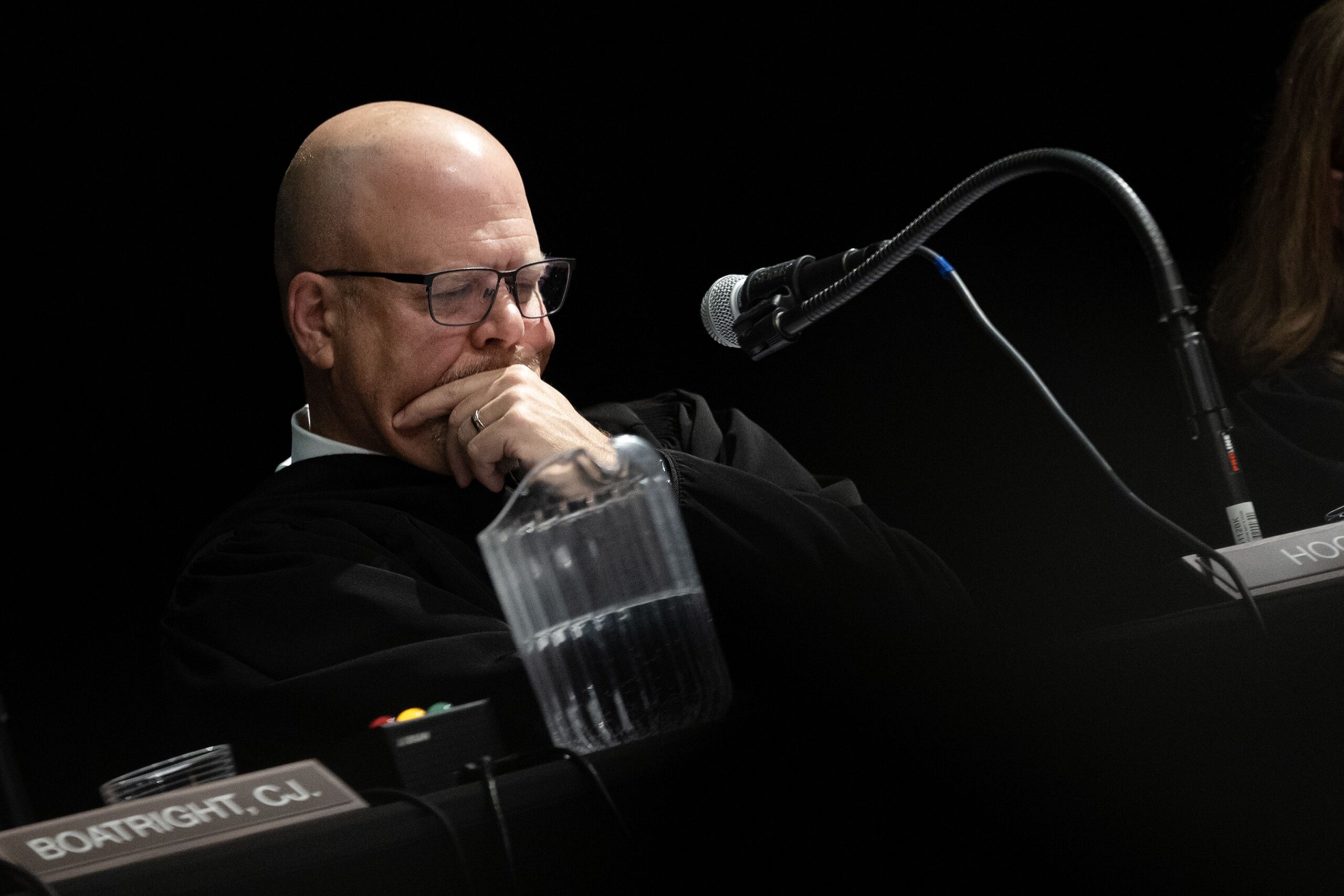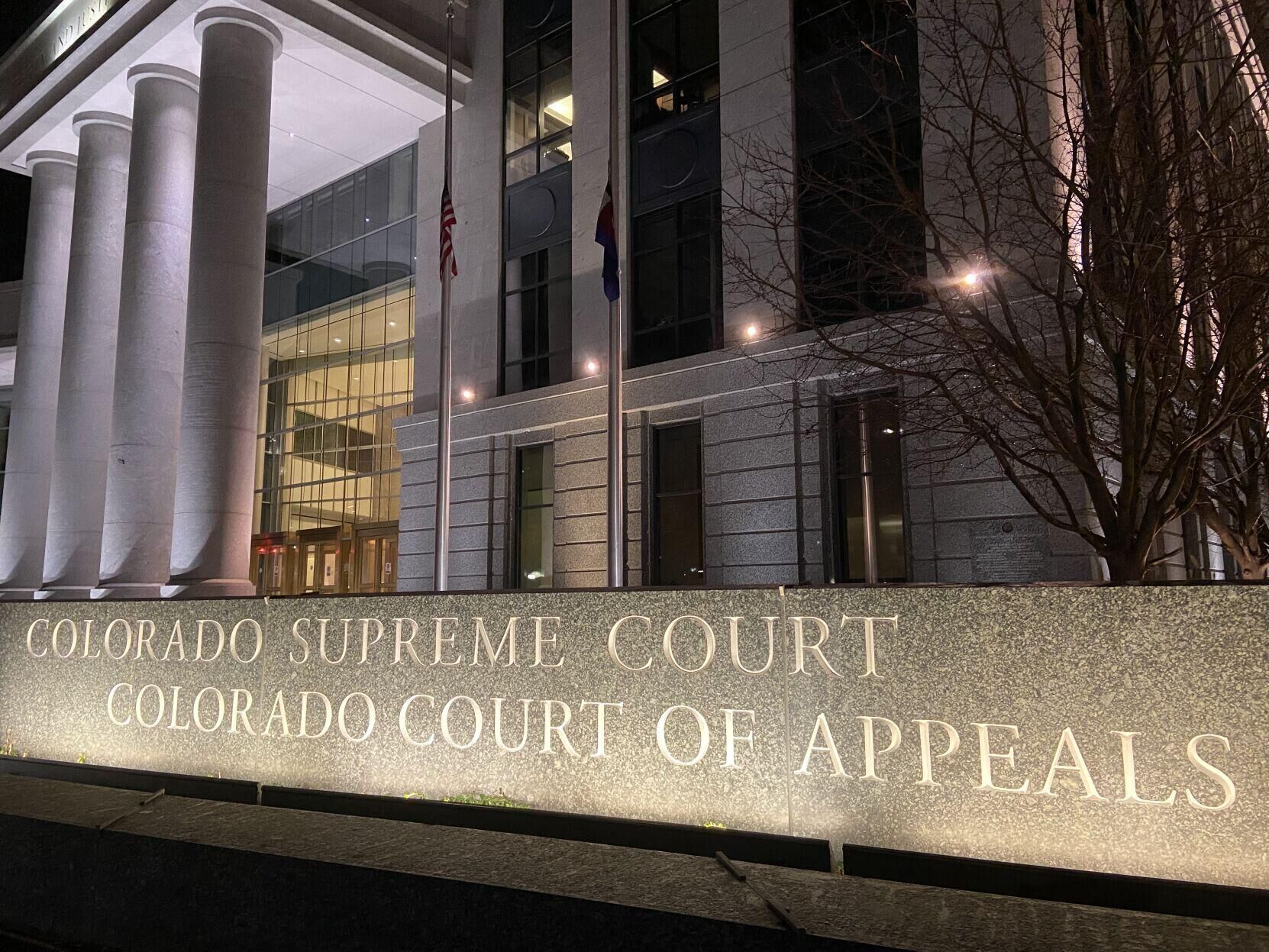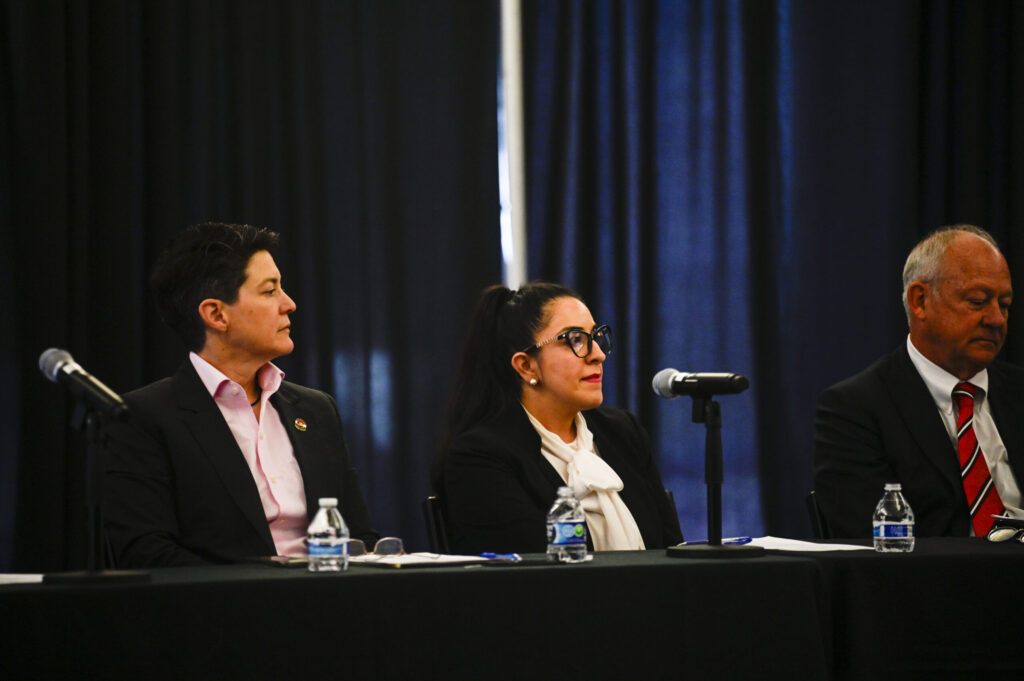Colorado justices issue revised opinion in Robert Ray appeal, addressing life without parole sentence

The Colorado Supreme Court issued a modified decision last week in the appeal of former death row inmate Robert Keith Ray, addressing and rejecting his arguments about the constitutionality of his life sentence.
Arapahoe County jurors convicted Ray for the 2005 slayings of Javad Marshall-Fields and Vivian Wolfe. He received a death sentence and remained on death row until 2020, when the legislature abolished capital punishment and Gov. Jared Polis commuted his sentence to life imprisonment without parole.
Lengthy postconviction proceedings meant the Supreme Court’s decision in June was its first opportunity to issue a comprehensive opinion about Ray’s trial. The court acknowledged Ray’s 2009 proceedings contained several errors, largely revolving around improperly admitted evidence that was more inflammatory than relevant. However, the Supreme Court believed the problematic evidence was harmless given the large amount of information jurors heard.
Ray’s attorneys then requested the court reconsider its decision. They argued the justices “misapprehended” Ray’s constitutional challenge to his life without parole sentence, as applied to an “emerging adult” like him.
The U.S. Supreme Court advises judges to examine the “evolving standards of decency” when deciding if a punishment is constitutionally cruel and unusual. Specifically, Ray’s lawyers noted multiple states have prohibited life without parole as a punishment for adults under 21. Ray was 19 at the time of the slayings.
“The Court has overlooked these crucial developments in the legal landscape,” his attorneys argued.

On Sept. 8, the state Supreme Court reissued its decision, with new passages responding to the argument about the constitutionality of Ray’s life without parole sentence.
Justice William W. Hood III wrote that “neither this court nor the U.S. Supreme Court has held that LWOP sentences are categorically unconstitutional.”
As for the states that have outlawed life without parole for those under 21, “Colorado has not yet followed suit, though the legislature in recent years has added ‘young adults’ (defined as defendants who were eighteen to twenty years old when they committed their offense) to certain statutes that had previously given various sentencing considerations only to juveniles,” Hood added.
Even if it was cruel and unusual to subject “emerging adults” to mandatory life without parole, Hood continued, the Supreme Court would still uphold his sentence because his punishment received the “individualized consideration” required for juvenile defendants. Meaning, Ray’s jurors had the option of choosing death or a life sentence.
“The jurors were instructed to consider all the testimony, information, and evidence they had received during the guilt and penalty phases of the trial and to make their own determinations regarding the weight of the evidence based on the witnesses’ credibility, motives, and relationships, as well as any other relevant circumstances,” wrote Hood. “This information would necessarily include the testimony and evidence related to Ray’s ‘youth and attendant characteristics.’ We presume the jurors followed the court’s instructions in deciding to impose the harshest sentence available.”
Stan Garnett, a former district attorney for Boulder County, said the Supreme Court was not breaking new ground with its additions, and was instead trying to communicate that Ray’s sentence complied with the Eighth Amendment no matter what.
“Ray was not a juvenile at the time of the crimes, so the individuality requirements for juvenile class one felony sentences are not necessary,” said Garnett. “But if they had been, the jury had considered enough specific information to meet that test.”
Aya Gruber, a professor at USC Gould School of Law and a former public defender, said the individualized consideration of Ray’s sentence was not so much the issue as his argument that he should be treated as a juvenile based on how other states have chosen to treat defendants in his shoes.
“The Supreme Court said no — that the legislature had not determined (a) 19-year-old to count as juveniles for murder sentences and there was nothing else that would allow the court to do it,” she said.
Ray’s attorneys did not respond to a request for comment.
The case is People v. Ray.













